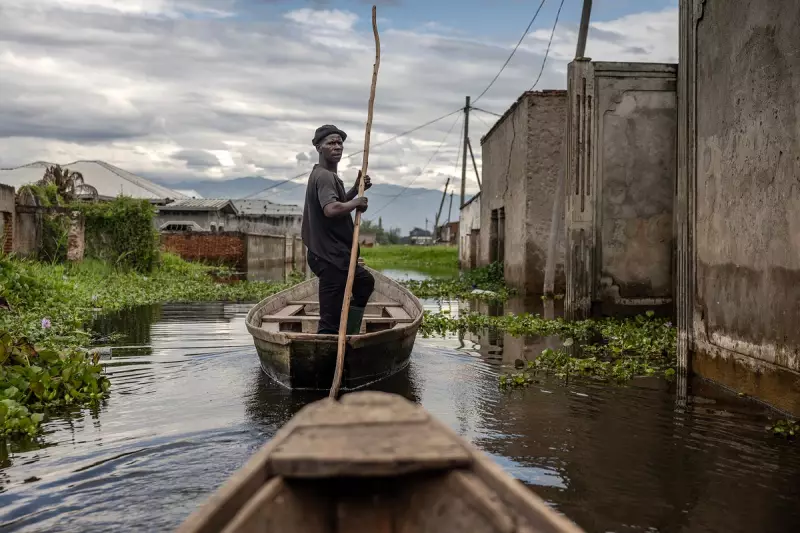
Catastrophic flooding around the shores of Lake Tanganyika has triggered a severe humanitarian emergency in Burundi, forcing tens of thousands from their homes and overwhelming the nation's already strained resources.
Rising water levels, attributed to the worsening impacts of climate change, have submerged entire neighbourhoods, destroyed critical infrastructure, and devastated livelihoods in the East African nation. Official reports confirm that more than 30,000 individuals have been displaced, with many now seeking refuge in makeshift emergency shelters.
A Crisis Compounded by Conflict
The environmental disaster is unfolding against a backdrop of existing regional instability. The nation, which shares the lake with Tanzania, the Democratic Republic of Congo, and Zambia, is also hosting thousands of refugees fleeing violence in neighbouring countries. This dual burden of climate-driven displacement and conflict-based asylum seekers is pushing Burundi's response capabilities to the brink.
Local authorities and international aid agencies are struggling to provide basic necessities, including clean water, food, and medical supplies, to the growing number of affected people. The flooding has also significantly increased the risk of waterborne diseases, such as cholera, threatening a public health catastrophe.
The Climate Change Link
Experts point to a direct correlation between rising global temperatures and the increased frequency and intensity of such extreme weather events in East Africa. Lake Tanganyika, one of the world's largest freshwater lakes, has reached historically high levels, eroding shorelines and swallowing communities that have existed for generations.
This event underscores a grim new reality: nations like Burundi, which have contributed least to global carbon emissions, are bearing the brunt of the climate crisis. The floods represent not just a temporary emergency but a stark example of the permanent displacement and societal disruption driven by a changing climate.
The international community is being urged to step up its support, not only with immediate humanitarian aid but also with long-term strategies to build resilience against future climate-related disasters in vulnerable regions.





